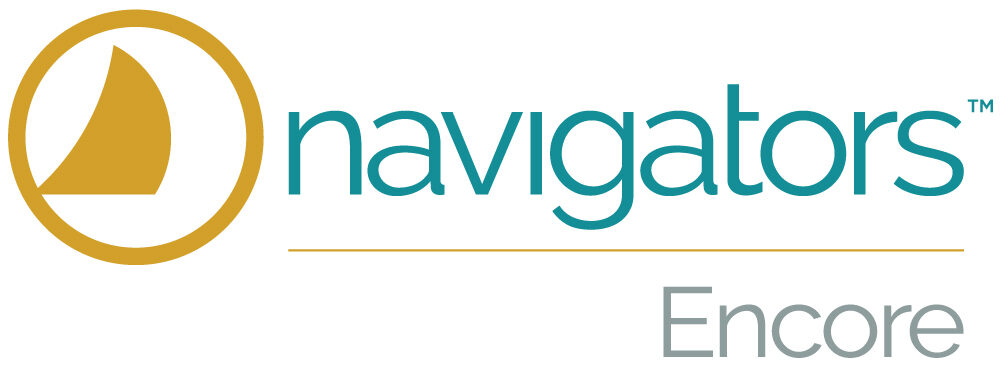Whose Flag Are You Flying?

As I have worked on a biblical definition of discipleship, I have discovered some distinctive marks of an apprentice of Christ. These traits are not optional. Neither are they a checklist to be completed—they are lifetime pursuits. We can recognize a true disciple of Jesus when these traits are present and increasingly evident. One of these traits is sacrificial allegiance. It’s the one flag that’s fit to fly over the “castle” of our lives.
The flagpole over our castle is never empty. Something or someone will always be the final authority. The only question is, what or whom? Sacrificial allegiance requires us to lower the flag of “ego” and replace it with the flag of Christ and His Kingdom.
Jesus’ stressed the importance of this essential indicator of discipleship in each of the four Gospels. It’s the only discipleship indicator that He presented using both a positive and negative statement. It is a sign of emphasis when Scripture states both a thesis and its antithesis—the positive statement and the negative statement. For example, John used this logic to explain the source of eternal life in the following example (1 John 5:11-12):
Statement: He who has the Son has life (true).
Negative statement: He who does not have the Son of God does not have life (also true).
In describing the discipleship trait of sacrificial authority, Jesus said:
Statement: A disciple takes up his cross and follows Me (true) (Luke 9:23).
Negative statement: If you do not take up your cross and follow Me, you cannot be My disciple (also true) (Matthew 10:38).
This type of explanation leaves no wiggle room. It is clear, concise, and exclusive.
From the passages where Jesus explains sacrificial allegiance—Matthew 10:34-39, Matthew 16:24-28, Mark 8:34-38, Luke 9:23-27, Luke 14:25-33, John 12:24—we can make several observations:
Discipleship is costly and is not to be entered into lightly (Luke 14). Jesus warned not to follow if we don’t plan on finishing. Discipleship is not casual or cheap.
Notice that Jesus was not marketing discipleship to make it popular. It seems that authenticity was more important than popularity. His challenge to take up one’s cross daily to follow Him thinned the crowds significantly then as it does now.
Discipleship is demanding and involves an exchange. The required exchange is stated in several ways:
- Take up your cross daily and follow Me (Luke 9:23).
- Love Me more than your natural family (Luke 14:26, Matthew 10:37).
- Gain by giving up (Matthew 16:27, Mark 8:35).
- Lose your life to find it (John 12:24,25).
Paul captured the same idea in Romans 12:2 when he said we are to offer ourselves as a living sacrifice. The critical dynamic behind these statements is the great exchange paradox. Discipleship is built on the principle of exchanging our ordinary lives for something extraordinary, letting go in order to receive. God fills our hands when they are open.
John recorded Jesus expressing the principle in agrarian terms: “Truly, truly, I say to you, unless a grain of wheat falls into the earth and dies, it remains alone; but if it dies, it bears much fruit. He who loves his life loses it, and he who hates his life in this world will keep it to life eternal” (John 12:24-25, NASB).
Peter experienced the principle of exchange when he let go of the boat amid the fury of the storm. He learned that you must get out of the boat if you want to walk on water. You can’t walk on water and sit in the boat at the same time; there must be an exchange.
Financial bankruptcy provides a picture of the principle of the exchanged life. When a business is in financial trouble for a long time, the owners usually file Chapter 13 bankruptcy. When Chapter 13 doesn’t work, they file Chapter 7 bankruptcy. Here is a simplified comparison:
Chapter 13: Reorganization
- I am in trouble.
- I have the means to get out of debt.
- I need time to reorganize.
- I retain control of my assets and keep going.
Chapter 7: Liquidation
- I am in trouble.
- I do not have the resources to succeed.
- I give up.
- I surrender my assets and start over.
Discipleship is like filing Chapter 7. Overwhelmed by our debt, we surrender our meager assets and receive His assets in exchange. We let the CEO of the Bank of the Kingdom give us a new start using His resources.
Both Matthew and Mark recorded the story of a rich, young businessman who illustrates this exchange. He came to Jesus having tried everything—religion, politics, wealth, morality—but the result was disappointing: The thrill didn’t last. His question was, “How can I experience a life of fulfillment that does not diminish with time? How can I experience eternal life?”
Jesus quickly went to the heart of the issue: the flag of authority. He told the rich young man to let go of his stuff, give it away, claim Chapter 7, and follow Him. Sadly, the man chose his addiction rather than life.
There is room for only one flag on our castle flagpole. To put His up, we must bring ours down. Disciples consistently submit to the priority and authority of Christ, choosing daily to raise the flag of His leadership over our lives.
Questions for reflection:
- What does Romans 12:1-2 add to the concept of sacrificial allegiance?
- How does our view of God affect our willingness to yield to His leadership?
This article is adapted Ron’s blog The Adventure of Discipleship, July 9, 2018.
About the Author


